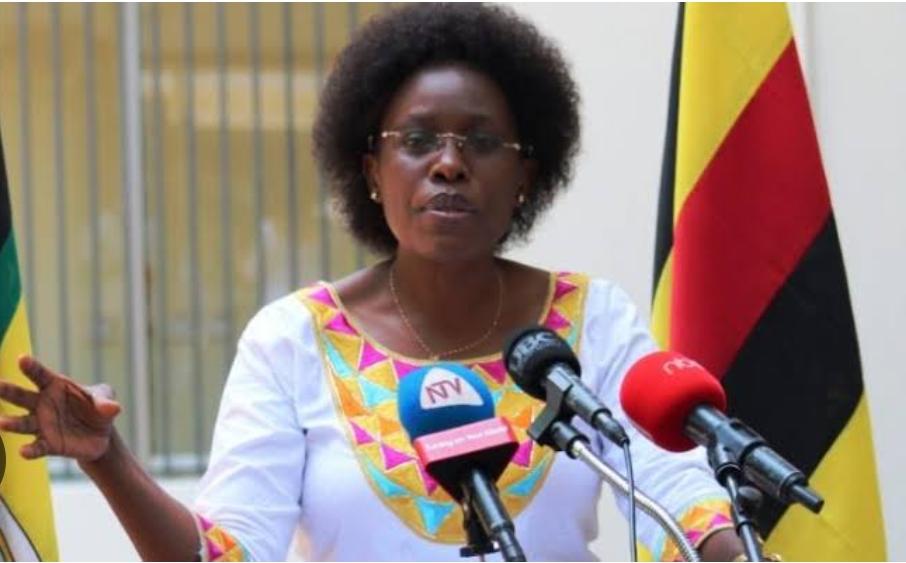In move aimed at curbing the persistent land disputes plaguing communities across Uganda, Lands Minister Judith Nabakooba has assumed direct authority to approve all boundary opening exercises on land with encumbrances. This policy shift will require all relevant authorities to first seek the minister’s consent before issuing any such clearances.
Minister Nabakooba announced the development in a media briefing following increasing concerns over irregular land transactions and mounting public complaints directed at the Commissioner for Land Registration. This comes on the heels of the interdiction of Commissioner Baker Mugaino by the Inspector General of Government (IGG), Beti Kamya, over allegations of fraud within the Lands Ministry.
“We have been finding challenges—these issues like locusts, and you realize that problems arise because of the exercise of boundary openings,” Nabakooba said. “I believe that by me taking full charge of this exercise, we will be able to conduct due diligence, properly investigate and ascertain facts before any boundary opening is conducted.”
Previously, the procedure involved applicants seeking authorization from the Commissioner for Surveys and Mapping, who would then coordinate with district officials, including surveyors and Chief Administrative Officers (CAOs), to conduct boundary openings on the ground. According to Nabakooba, this process lacked adequate oversight and often proceeded without sufficient community engagement or sensitization, leading to disputes and complaints.
The minister emphasized that moving forward, all applications for boundary opening on land with disputes or overlapping titles must be submitted to her office for evaluation. She intends to introduce mandatory public sensitization and hearings as part of the process to ensure transparency and community involvement.
“District officials must not proceed to the ground without first conducting local sensitization meetings to explain the intent of the boundary opening exercise. It is only after obtaining consent and clarity from the affected communities that the process should continue,” she stated.
To bolster transparency and accountability, the Lands Ministry is also establishing a committee to oversee the issuance of special land titles and handle the cancellation of irregular ones. According to Nabakooba, this body will examine petitioners’ claims, cross-reference documentation on file, and, where necessary, dispatch teams to physically verify facts on the ground.
“We cannot amend the law immediately, but as an administrative measure, I have decided to take interim action to ensure that decisions are not burdened solely on the head of the Commissioner for Land Registration,” she explained. “The Permanent Secretary has assured me that the committee will soon be constituted and will begin work.”
The committee’s mandate will also include verifying the authenticity of land disputes in cases where no court cases exist and ensuring the decisions taken reflect a collective, evidence-based consensus.




